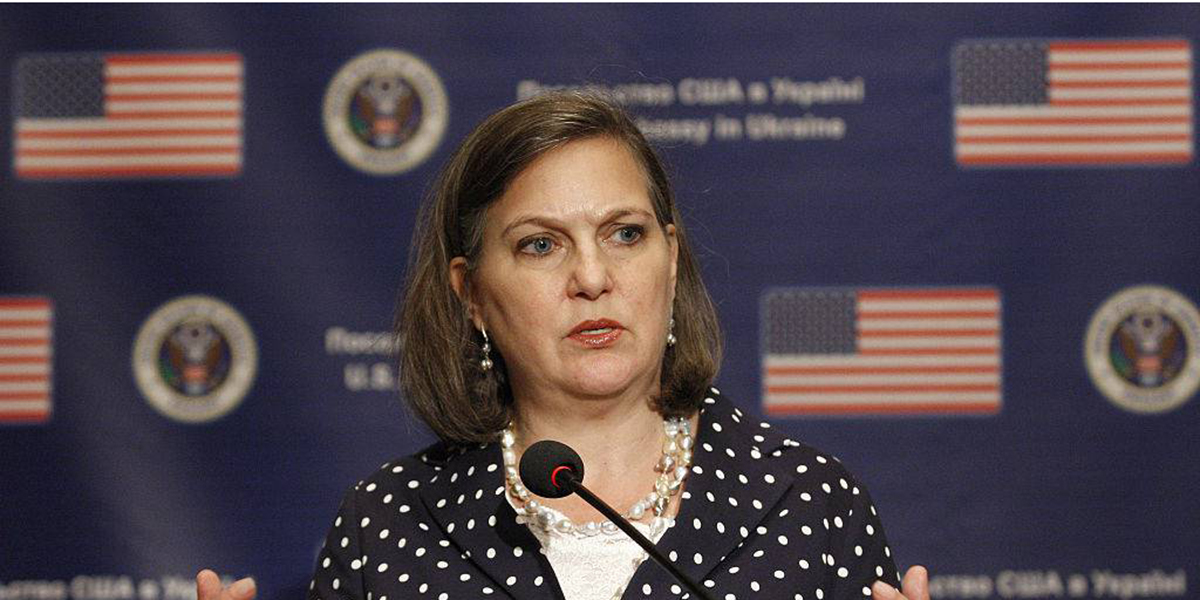
KATHMANDU: When high-ranking foreign officials visit Nepal, experts in diplomacy often express concerns about increased foreign influence on the country’s politics and potential changes in leadership.
It is indeed strange that experienced diplomats and experts seem not to understand that diplomatic visits between countries with bilateral relations are a normal part of diplomatic engagement. These visits are usually conducted to strengthen ties, discuss mutual interests and pursue cooperation in various areas such as trade, culture and security.
Similar comments have been made about the visit of Victoria Nuland, the US Under Secretary of State for Political Affairs. Nuland is an American official who manages the political affairs of Nepal and other countries. There is no need for a high-level diplomatic official to travel from the US to learn about changes in government in Nepal. The ambassadors stationed here provide enough information about that. Even foreign diplomats are surprised by the unnecessary interest that the visit of high-level diplomats draws in Nepal.
A foreign diplomat recently asked this scribe, “Why is there such a flippant attitude towards issues in Nepal? Some people make comments simply to appear knowledgeable.”
According to the diplomat, even some journalists reporting on foreign affairs do not hesitate to make unfounded statements. It is only natural for experts to respond critically when a journalist covers a matter as a serious development. Due to this tendency, even regular diplomatic visits are becoming less frequent.
Victoria Nuland, who first served as an ambassador in 2005, is an experienced diplomat. She has held various positions under the Junior Bush, Barack Obama, Donald Trump, and the Biden administration. She oversees eight different bureaus. Her role is to gather information about the country of interest by visiting or staying there and to strengthen bilateral relations. Her visit to Nepal serves this purpose. It is simply a regular diplomatic visit.
Nuland’s visit to Nepal would have taken place regardless of who is leading the government. Some experts interpret this visit as the US government’s attempt to expand ties with the left coalition. However, they are forgetting that relationships are built and maintained through diplomatic channels, such as embassies, and visits like this serve to strengthen them.
It is important to note that this visit was not arranged as a response to the formation of the new government in Nepal. The visit had been scheduled prior to any changes in government and it is purely a coincidence that it is taking place during this time.
Nuland’s visit to Nepal would have taken place regardless of who is leading the government.
Nuland is arriving in Nepal on January 29 and leaving the next day. During her brief stay of nearly 30 hours, she will hold discussions with government officials regarding bilateral interests. The visit of an experienced American diplomat does not imply that there will be a comprehensive examination of all aspects of the country. It is challenging to arrive at definitive conclusions about these issues even after an extensive study, let alone a 30-hour stay.
Nuland’s visit is also a pre-scheduled one and its main purpose is to strengthen the bilateral relationship between Nepal and the United States. Additionally, it’s important to note that Nuland is also visiting other countries as part of her diplomatic trip.
A professor of international affairs states: “Everyone here has become an expert. Anybody can speak anything here. Such routine visits either add bricks to take the relationship to a higher level, or break it. It is not good to make unnecessary comments.”
Some former ambassadors consider themselves experts in such matters. But one does not become knowledgeable about bilateral or multilateral affairs just because they represented Nepal in a foreign country. They may be aware of some government correspondence, but they are not experts. The professor adds, “To know, you have to read.”
The truth is that Nuland’s visit is the first high-level visit from the US after the government was formed under the leadership of Pushpa Kamal Dahal. Therefore, she will be studying the latest political situation in Nepal. However, it is not accurate to say that the visit is happening in a changed geopolitical context, as some experts have suggested, as it is unclear what that context specifically is.
A senior official at the Ministry of Foreign Affairs cautioned against over-commenting on routine visits, as it may send the wrong message. “People in the know term this a regular visit. Nuland’s visit will send a message that Nepal is an important country for the US. Such visits evaluate works being done to take the relationship between Nepal and the US to a higher level,” the official added.
“Efforts are being made to make US assistance to Nepal controversial. That is why the US wants to work closer with Nepal.”
After Nuland’s visit, the US Under Secretary for International Development is scheduled to visit Nepal, which demonstrates the US’s significant interest in its projects in Nepal.
The emphasis of the US is on the implementation of projects, including the Millennium Challenge Corporation (MCC). This aligns with the previous statement made by US Ambassador to Nepal Dean R Thompson, who also noted the importance of MCC and other projects in Nepal.
The US priority here is to take the 75 years of Nepal-US relationship to many more years and support in Nepal’s development endeavors, Thompson told journalists about a fortnight ago.
Nuland, who has extensive experience in the diplomatic field with 33 years of service, will delve into the US interests during her visit. She was promoted to Under Secretary in April 2021, and has previously served as the US Ambassador to NATO (North Atlantic Treaty Organization) in 2005.
Nuland is scheduled to meet with a number of prominent figures during her visit, including Prime Minister Pushpa Kamal Dahal, UML President KP Sharma Oli, Nepali Congress President Sher Bahadur Deuba, Rastriya Prajatantra Party (RPP) President and Deputy Prime Minister Rajendra Lingden, and Minister for Foreign Affairs Bimala Rai Paudyal. In addition, she will also hold a brief interaction with journalists.
According to foreign ministry spokesperson Sewa Lamsal, the ministry is regularly working on such routine visits.
The US embassy official has already confirmed that issues related to the Millennium Challenge Corporation (MCC) will be discussed during Nuland’s visit.
During her visit, Nuland will also take stock of important issues such as human rights, democracy, refugees and other issues in Nepal. These issues have always been a priority for the US. She will review the progress made by Nepal in these areas and also discuss the assistance provided by USAID.

 Himal Press
Himal Press 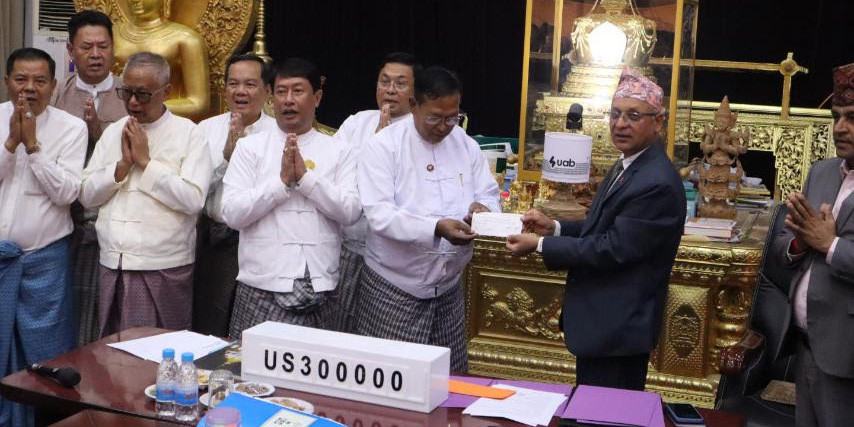
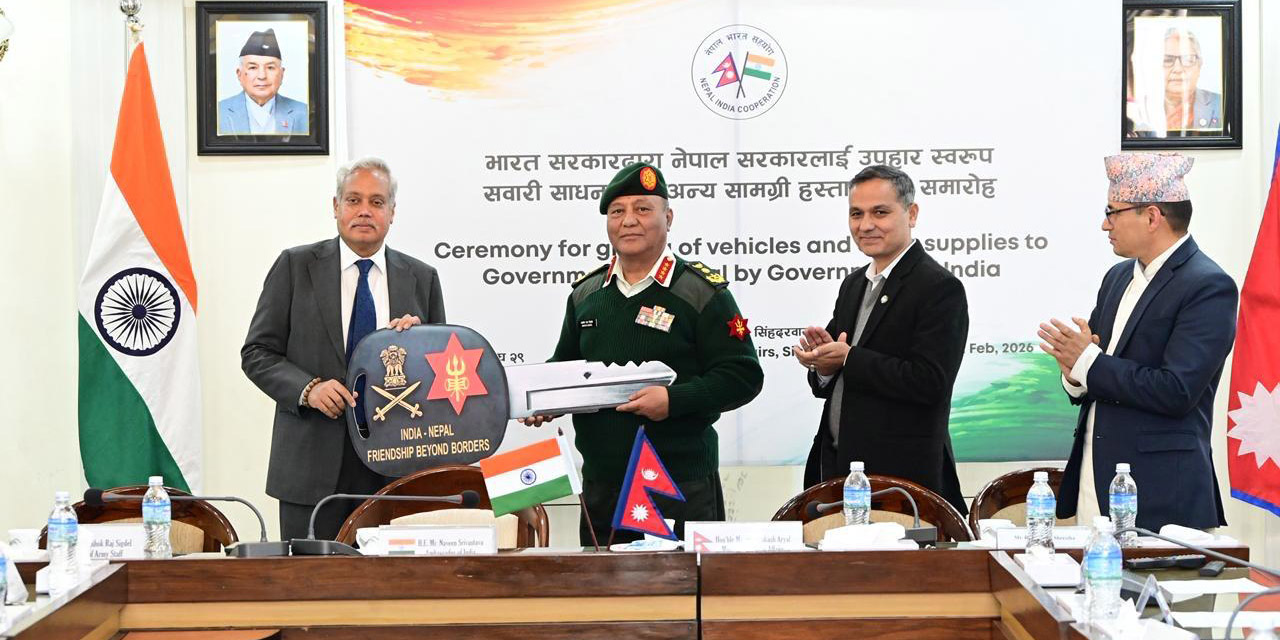
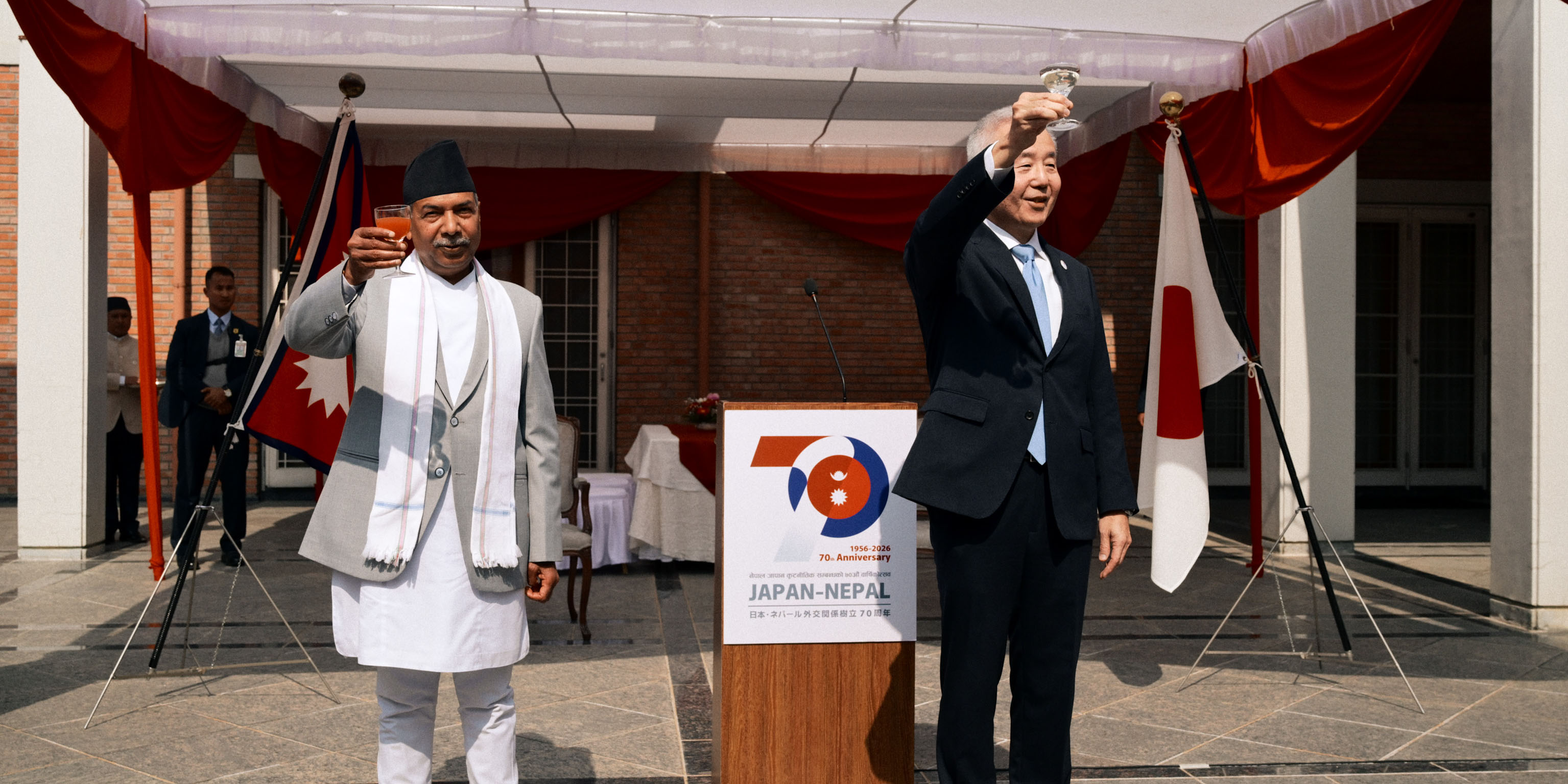
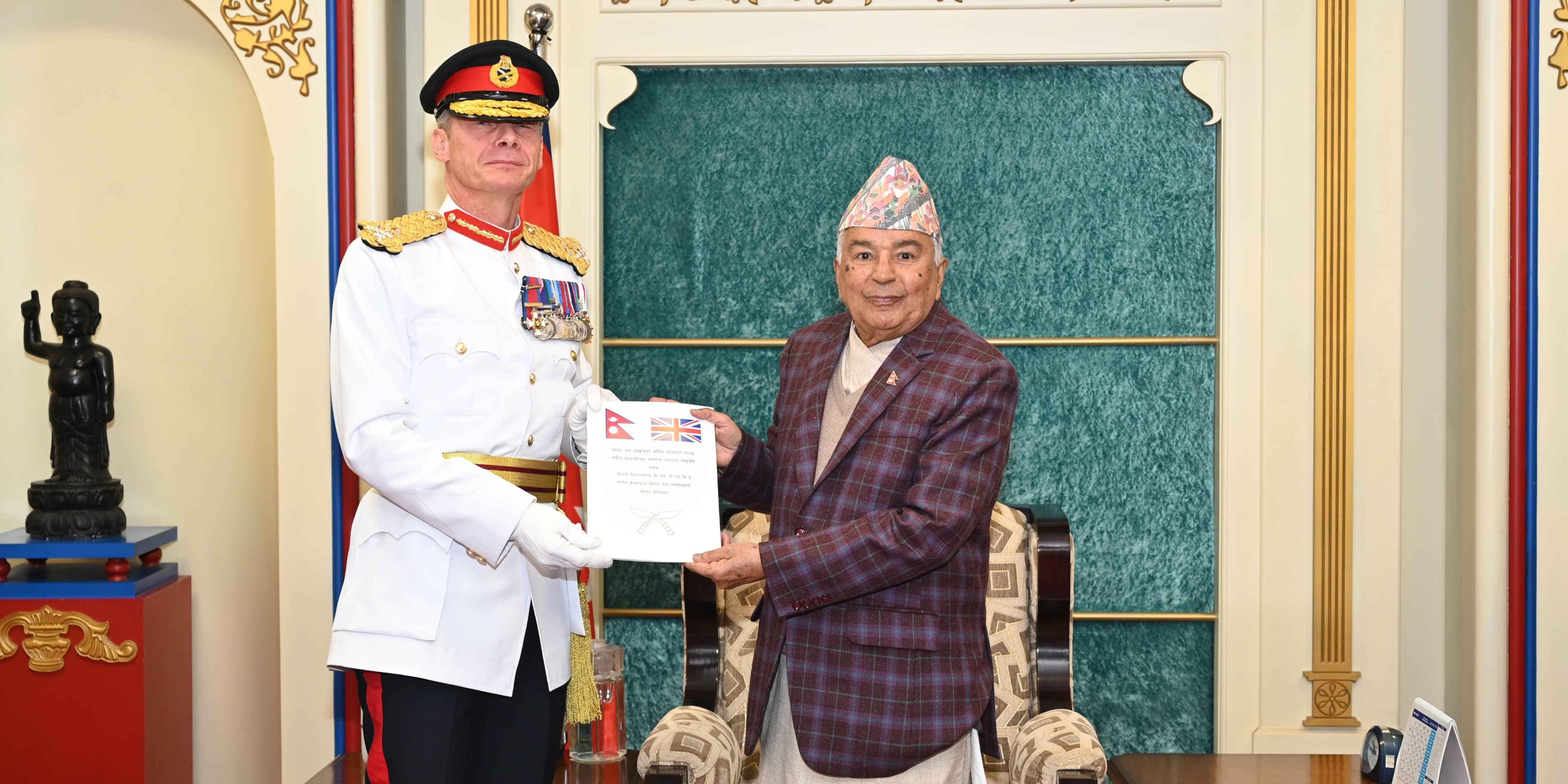
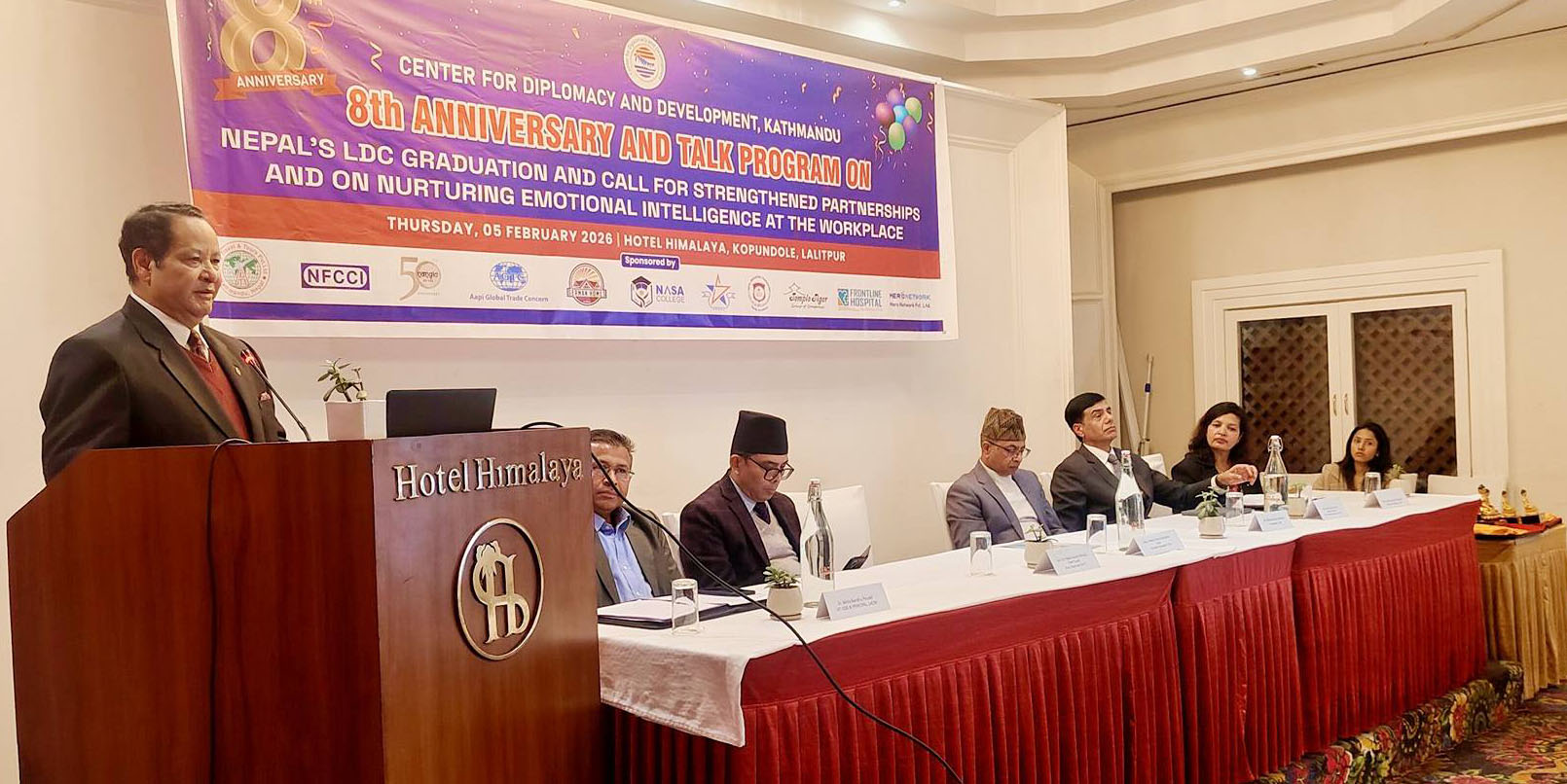
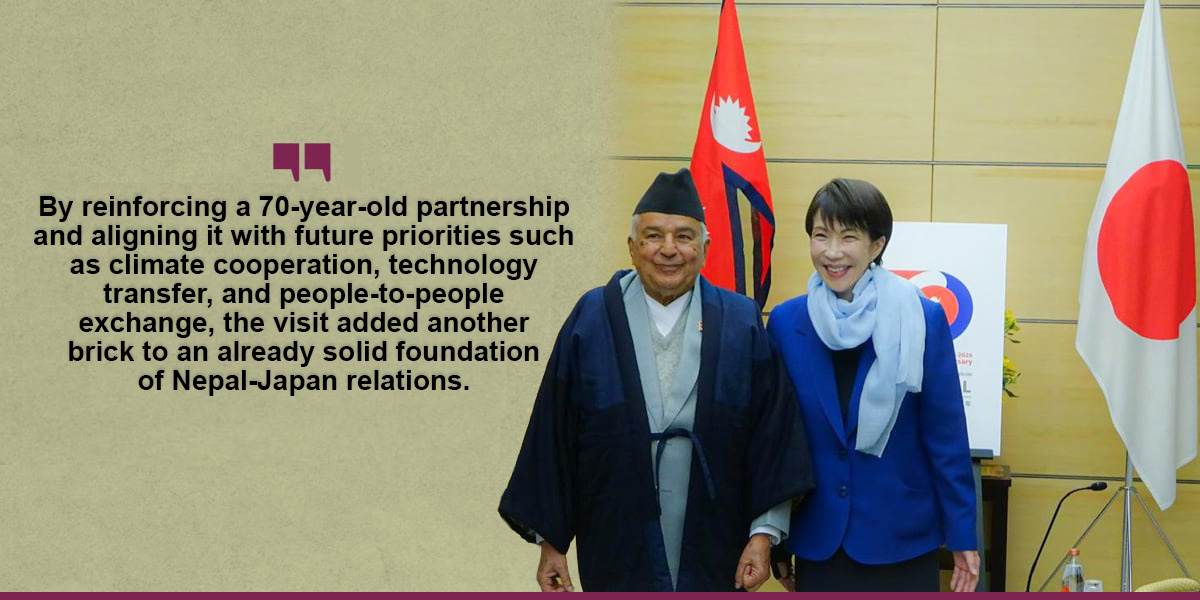

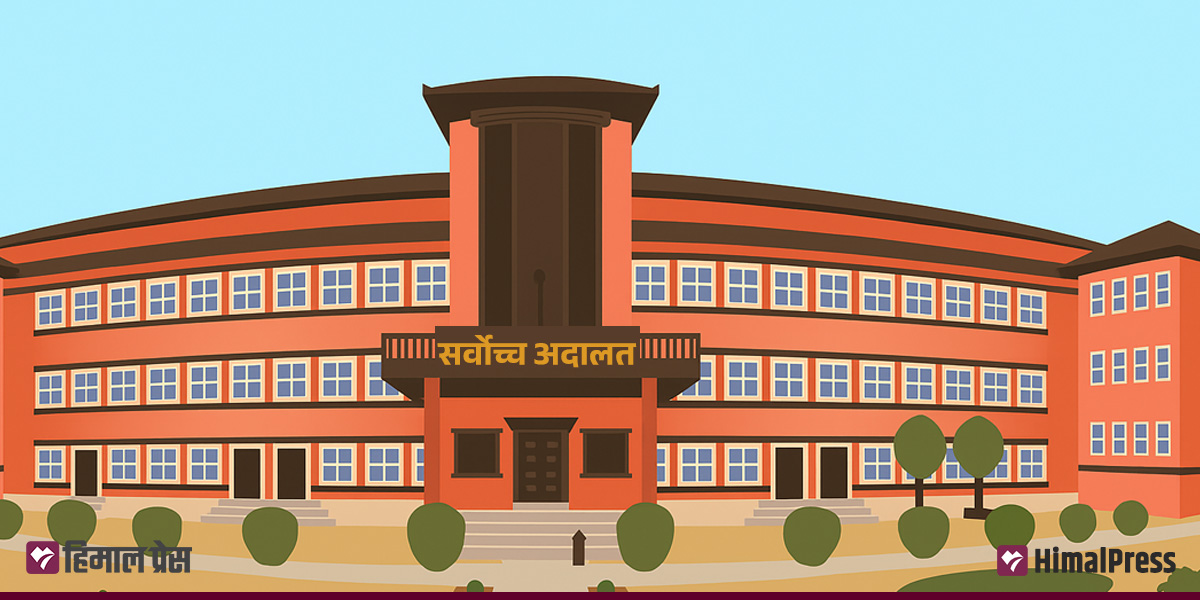
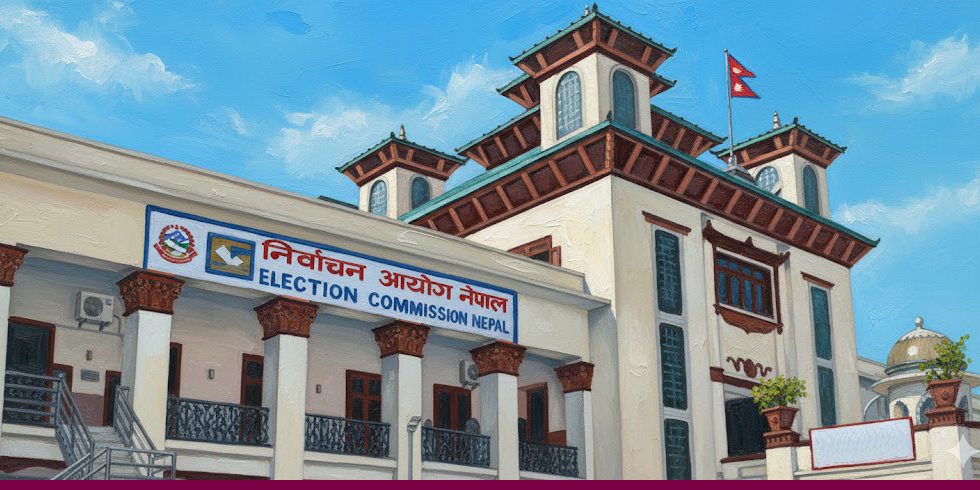







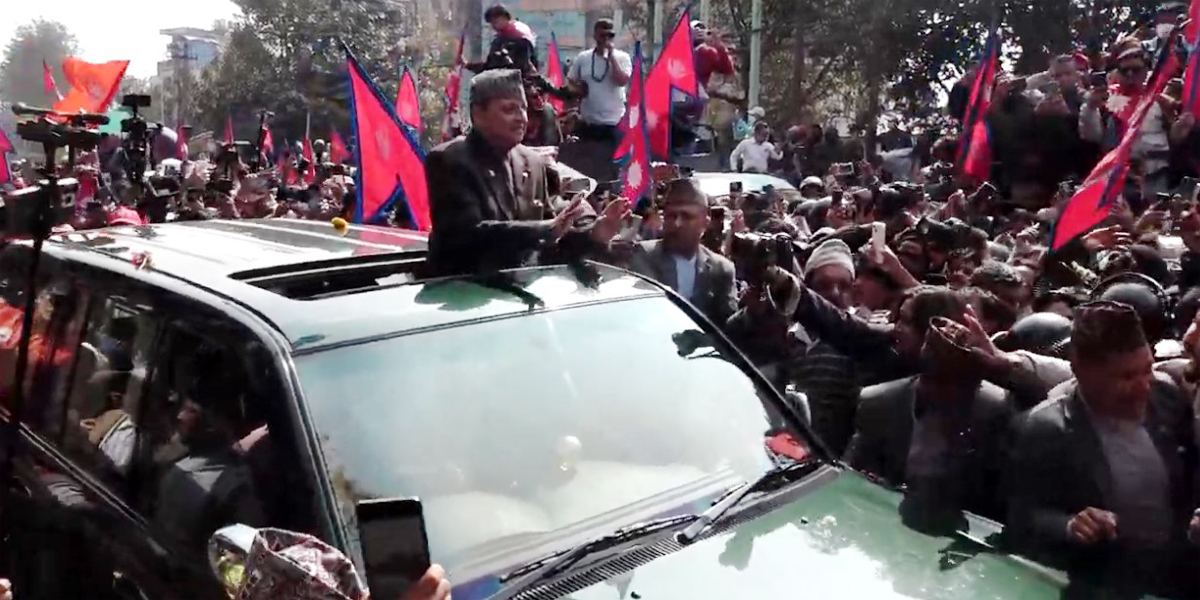

Good explanatory note !